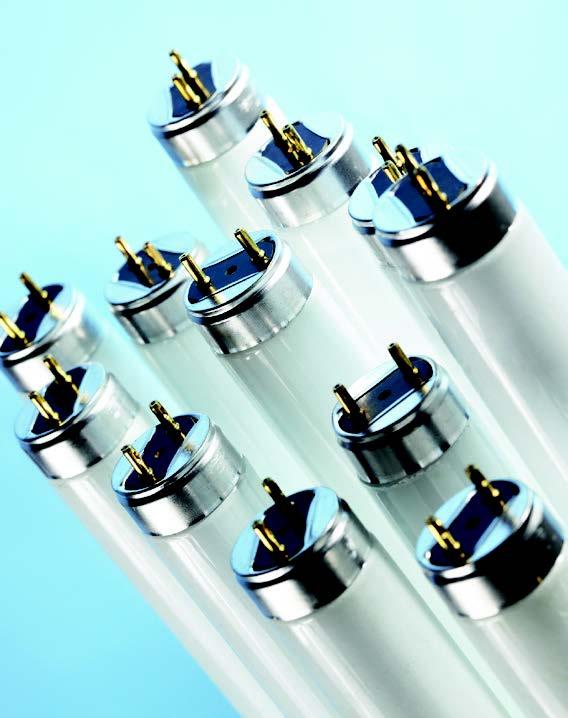Universal Waste
Universal waste is hazardous waste that is widely produced by households and many different types of businesses. These wastes cannot be placed in the trash or landfills.
The universal waste rule (California Code of Regulations, title 22, division 4.5, chapter 23) allows people to handle and transport universal waste under a simple set of rules that are appropriate for the risks posed by the waste but still protect people and the environment. Universal waste includes:
- Electronic devices
- Batteries (most household-type batteries)
- Electric lamps (fluorescent tubes and bulbs, high-intensity discharge lamps, sodium vapor lamps and electric lamps that contain added mercury)
- Mercury-containing equipment
- CRTs
- Non-empty aerosol cans
- Photovoltaic modules
A universal waste handler is a generator of universal waste or the owner or operator of a facility that receives universal waste from another universal waste handler, accumulates universal waste, and sends universal waste to another universal waste handler, a facility that accepts hazardous waste, or a foreign country.
There are two categories of universal waste handlers: households and businesses. Households that are handlers are exempt from most of the requirements of the universal waste regulations if they comply with certain conditions. They are not subject to rules for training, accumulation time, record keeping, or labeling. Depending on how much waste a business generates, some, or all, of the universal waste requirements may apply as noted below.
For Households
Households must recycle their universal waste and are prohibited from disposing of it in the trash.
San Mateo County Household Hazardous Waste (HHW) program collaborates with local partners to provide residential collection events. The following disposal sites are available for households only:
- Household Batteries
- Fluorescent Lamps
- Electronics - contact the San Mateo County Office of Sustainability
For Businesses
Businesses include apartment and office buildings, hotels/motels, retail stores, schools, non-profit organizations, and all commercial businesses.
Businesses that generate small quantities of universal waste and hazardous waste are called CESQUWGs, or Conditionally Exempt Small Quantity Universal Waste Generators. CESQUWGs produce less than 100 kilograms (220 pounds or 27 gallons) of Resource Conservation and Recovery Act (RCRA) hazardous waste in a calendar month, including universal waste that is RCRA universal waste and less than 1 kilogram of acutely hazardous waste. These businesses are exempt from some of the universal waste handler requirements if they do the following:
- DO NOT dispose of universal waste in the trash.
- Relinquish universal waste to a universal waste handler, universal waste transporter, or a destination facility.
- DO NOT conduct treatment of universal waste, except for the limited activities allowed in regulations.
The County has a Very Small Quantity Generator Program (VSQG) to assist businesses that generate small volumes of lamps, batteries, mercury-containing equipment, and non-empty aerosol cans. Businesses that generate electronic waste, PV modules, appliances, or large quantities of universal waste should find a universal waste hauler on this list. VSQGs are small businesses that include property management, schools, and non-profit organizations that generate 27 gallons (100 kilograms or 220 pounds) or less in one month.
For more information, call (650) 665-6202 or visit www.smchealth.org/vsqg.
All other businesses that are not a CESQUWG should use a universal waste handler, transporter, or destination facility to recycle or dispose of their universal waste. This includes commercial retailer “take-back” programs, collection events, and mail-back programs. A list of universal waste transporters is provided here. The hazardous waste hauler list linked here may also include companies that transport universal waste. If you need assistance, contact San Mateo County Environmental Health Services at (650) 372-6200.
